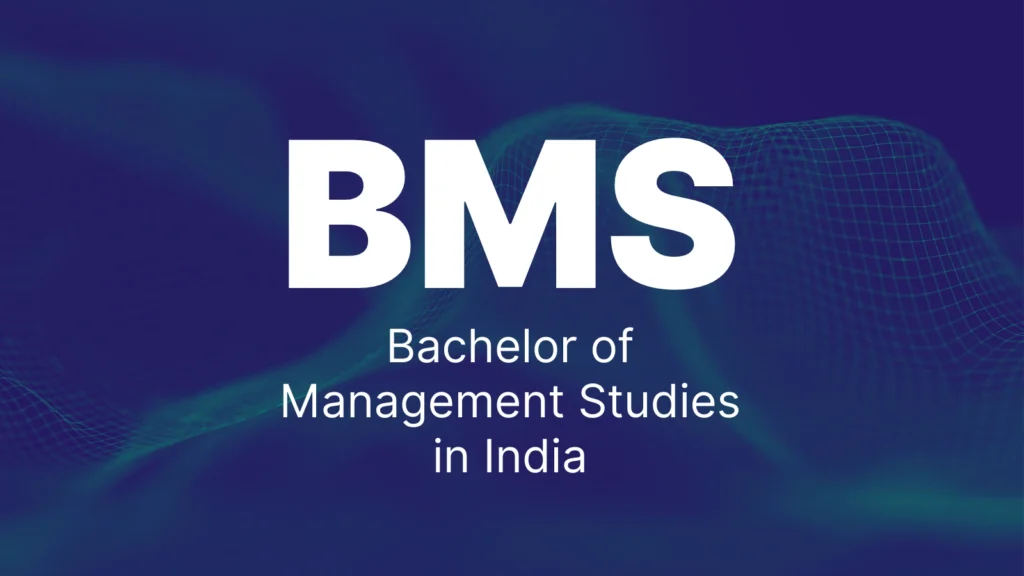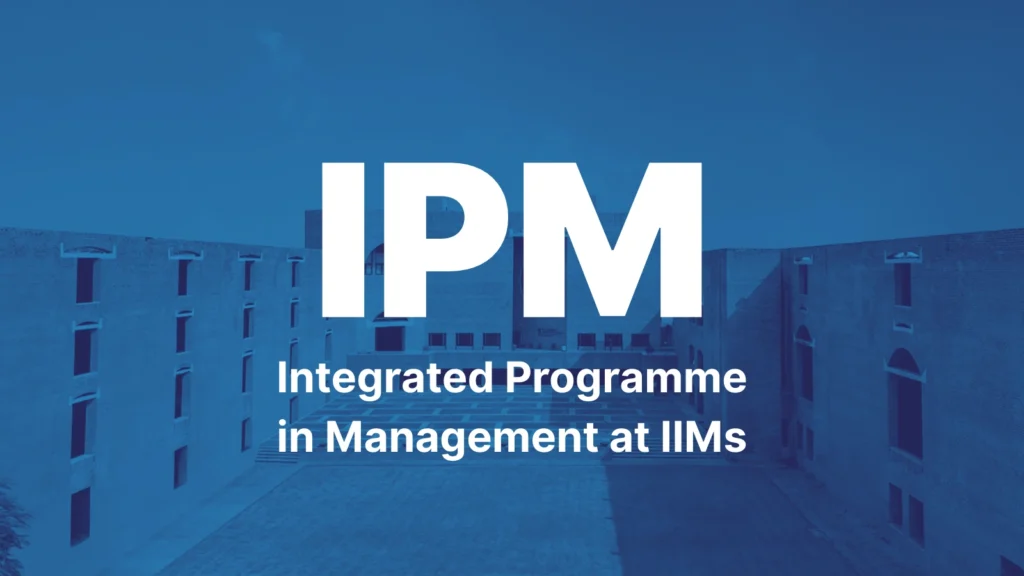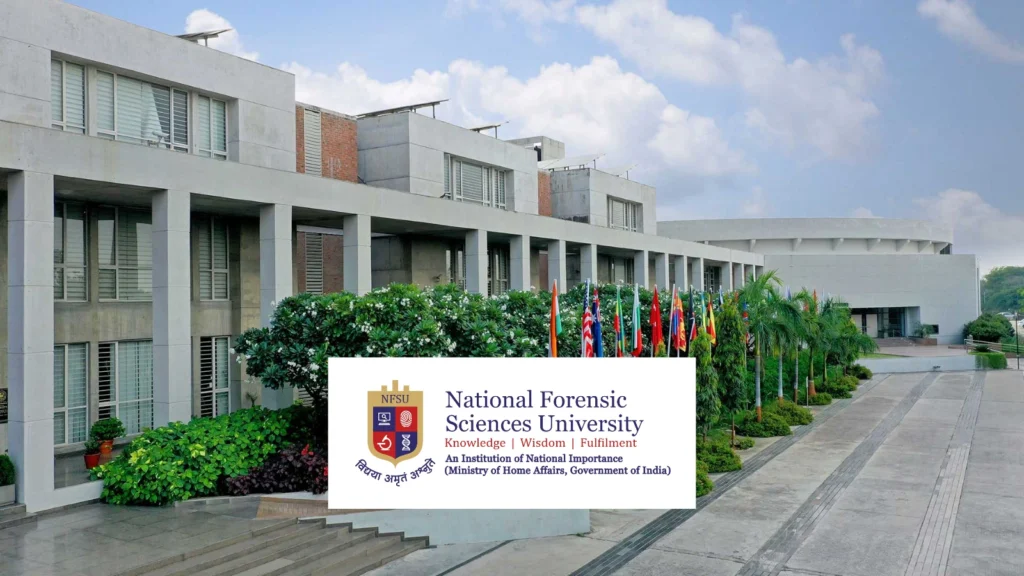The reason
It is necessary for the BCI to examine the details of courses, infrastructure, international scholarships and other requirements which are needed for an Indian student pursuing legal education in a foreign country.
Eligibility for enrollment with the Bar Council of India
- The foreign law degree must be from a university recognized by the BCI’s Legal Education Committee.
- The degree holder must pass the Qualifying Examination for Indian Nationals Holding Foreign Law Degrees.
- They must also meet all other enrollment requirements under the Advocates Act, 1961, and the rules of the BCI & State Bar Councils (Citizenship, Age, Educational Qualifications, etc.).
Without fulfilling these conditions, enrollment in India is not permitted.
Law degree requirements in India
To practice law in India, candidates must complete one of these education paths:
- Traditional Route:
- 12 years of schooling + 3 year graduation (any stream) + 3 year LL.B.
OR
- Integrated Route:
- 12 years of schooling + 5 year integrated law degree (e.g., BA LLB, BBA LLB).
For foreign law degree holders (Recognized by BCI)
If your foreign law degree does not match India’s education pattern, you will have to complete a Bridge Course at the India International University of Legal Education & Research, Goa (recently joined the Consortium of National Law Universities (NLUs). For example if:
- An Indian Citizen has done a 12 + 3 years Law degree from a foreign university whose law degree is recognized by Bar Council of India, then he/she can make up for such deficiency by pursuing 2 years of Bridge course from India as stated above. (Since in India, the pattern for pursuing a Law Degree is either 12 + 3 + 3 years LL.B degree OR 12 +5 years integrated law degree.)
On the other hand, if an Indian citizen has done 12+3 (graduation) + 3 years Law degree from a foreign university recognized by Bar Council of India, then he/she:
- Need not pursue any Bridge course
- Shall be eligible to appear in the Qualifying Examination For Indian Nationals holding foreign law degrees after obtaining a letter/certificate from Bar Council of India
Here is a list of foreign universities whose degrees in law are recognized by the Bar Council of India. Please note that only the regular study of three year law degrees will be allowed. No Diploma courses, two year law degrees and External degrees imparted by these universities are allowed.
Note: In India, the prerequisite for pursuing/getting admitted into a LL.M degree course is a valid LL.B degree, duly recognised by the Bar Council of India. If the LL.B degree is obtained from any foreign University, the said degree holder has to first undergo the process of equivalence of their foreign Law Degree by the Bar Council of India before such degree holder can pursue any post LL.B degree education/qualification.
Source: Bar Council of India




